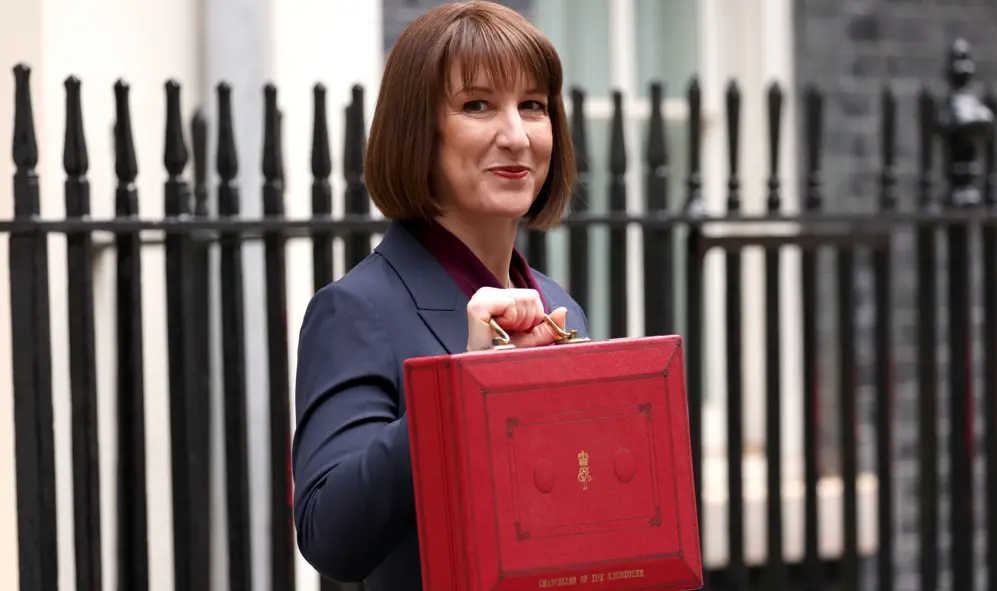Budget 2024 introduced several measures aimed at supporting businesses and fostering investment in innovation and infrastructure:
- Corporate Tax Adjustments: The corporate tax rate remained steady at 25%, offering stability to businesses. Additionally, tax reliefs for research and development (R&D) were expanded, encouraging companies to invest in innovation and new technologies.
- Investment Incentives: The budget introduced targeted incentives to promote green and sustainable investments. Tax credits for renewable energy projects and environmentally-friendly initiatives were strengthened, aligning with global climate goals.
- Small and Medium Enterprises (SMEs): Recognizing the importance of SMEs to the economy, Budget 2024 included provisions for easing access to financing and reducing compliance burdens for these businesses. The extension of the small business rate relief program was particularly welcomed by entrepreneurs.
Public Spending Priorities
Government spending priorities in Budget 2024 reflected a focus on addressing key societal challenges and investing in future growth:
- Healthcare Funding: Significant additional funding was allocated to the healthcare sector, prioritizing mental health services and reducing waiting times for treatments. Investments in digital health solutions aimed to improve accessibility and efficiency in patient care.
- Education Initiatives: The budget included provisions for increasing teacher salaries, expanding apprenticeship programs, and investing in digital learning tools for schools. These measures aimed to enhance educational outcomes and prepare the workforce for future challenges.
- Infrastructure Development: Infrastructure projects received a substantial boost, with funding directed toward improving transportation networks, renewable energy infrastructure, and public housing development. These investments were expected to create jobs and stimulate economic growth.
Cost of Living and Social Welfare
The budget also addressed the rising cost of living and support for vulnerable populations:
- Energy Bill Assistance: Measures to assist households with rising energy costs were extended, including targeted subsidies for low-income families and seniors. Investments in energy efficiency programs were introduced to reduce long-term expenses for consumers.
- Social Welfare Programs: Budget 2024 increased allocations for unemployment benefits, child care subsidies, and disability support programs. These measures aimed to strengthen the social safety net and reduce inequality.
Sustainability and Environmental Commitments
Budget 2024 emphasized sustainability, aligning with global efforts to combat climate change and protect the environment:
- Green Energy Transition: Funding for renewable energy projects was significantly increased, with a focus on wind, solar, and hydrogen power. Tax incentives for electric vehicle adoption and charging infrastructure expansion were also included.
- Carbon Reduction Goals: The government committed to ambitious carbon reduction targets, supported by investments in carbon capture technologies and reforestation programs.
Economic Outlook and Challenges Ahead
The 2024 budget sought to balance fiscal responsibility with growth-oriented measures. While the economic outlook remained optimistic, certain challenges persisted:
- Global Economic Uncertainty: Ongoing geopolitical tensions and inflationary pressures posed risks to economic stability. The budget’s emphasis on diversification and resilience aimed to mitigate these risks.
- Implementation Concerns: Ensuring efficient implementation of budget measures and addressing disparities in funding distribution remained key challenges for policymakers.
Shaping the Future
Budget 2024 provided a framework for tackling pressing challenges and fostering sustainable growth across key sectors. From personal tax stability to investments in healthcare, education, and green energy, the budget aimed to create a balanced and forward-looking economy. As we move forward, the success of these measures will depend on collaboration between policymakers, businesses, and communities in driving inclusive and impactful change.







